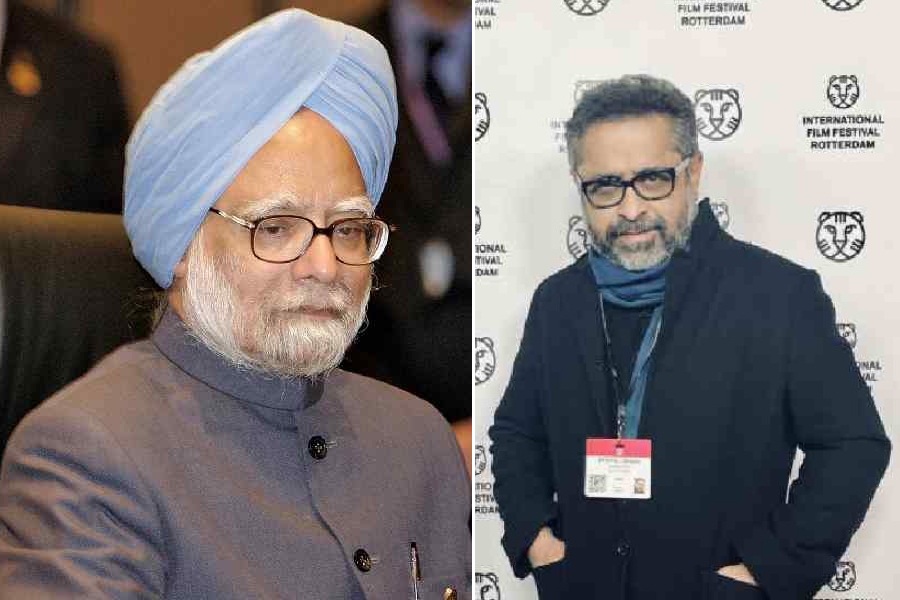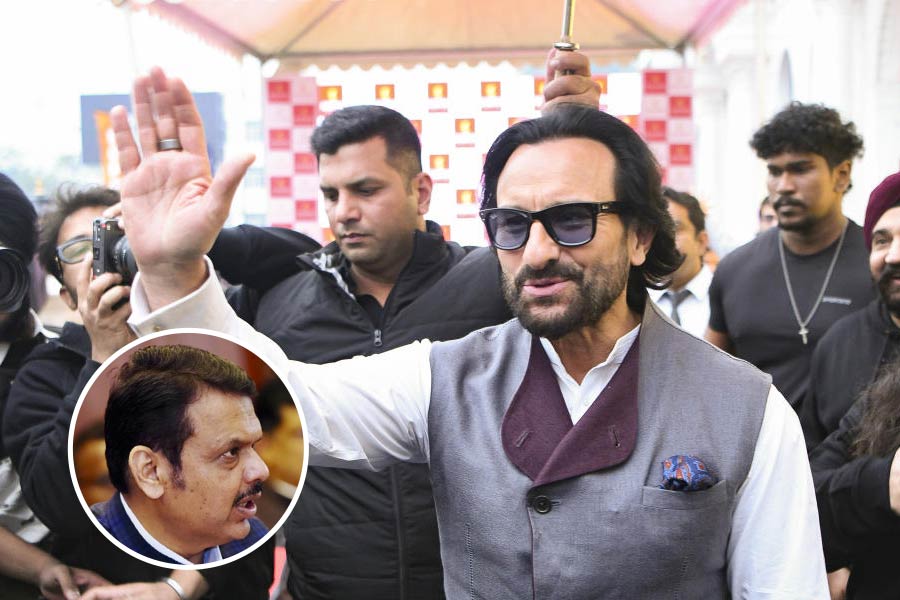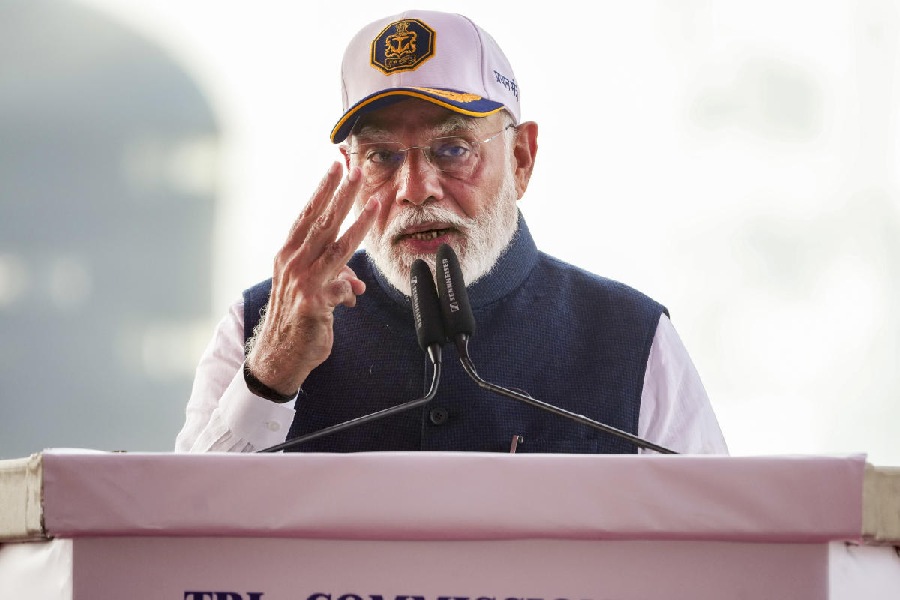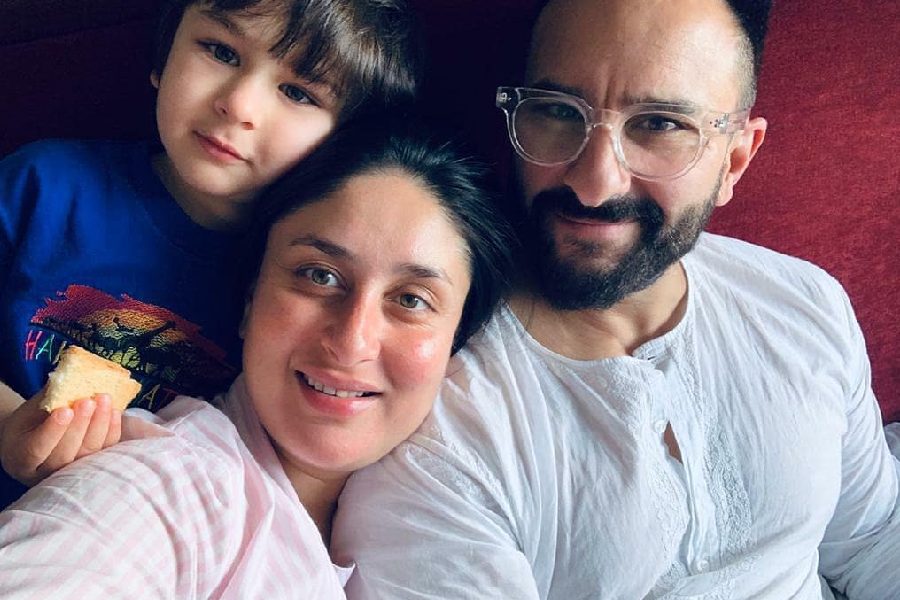I am not a politician at heart, is what Dr Manmohan Singh told me just months before he was sworn in as Prime Minister of India. And even without being a politician at heart, he led the country through two terms, carried out many social sector reforms and steered the GDP growth of India.
I had visited Dr Singh for an interview at his Delhi residence when I was working on the first part of my documentary on Professor Amartya Sen, The Argumentative Indian. It was an interesting time in Indian politics. A controversy was raging about Sonia Gandhi becoming the prime minister and Manmohan Singh had emerged as the safe choice to occupy the position.
As my team was preparing the shooting set-up, he came out to meet us. Because he knew I was Kaushik Basu’s student and I was related to former RBI Governor Bimal Jalan — my wife’s uncle and a friend of Singh — he kept asking me about Bimal Jalan’s book that had just come out. He also asked me what Kaushik Basu was working on. I could sense a scholar in him, an academician who seemed to be missing the life of a professor.
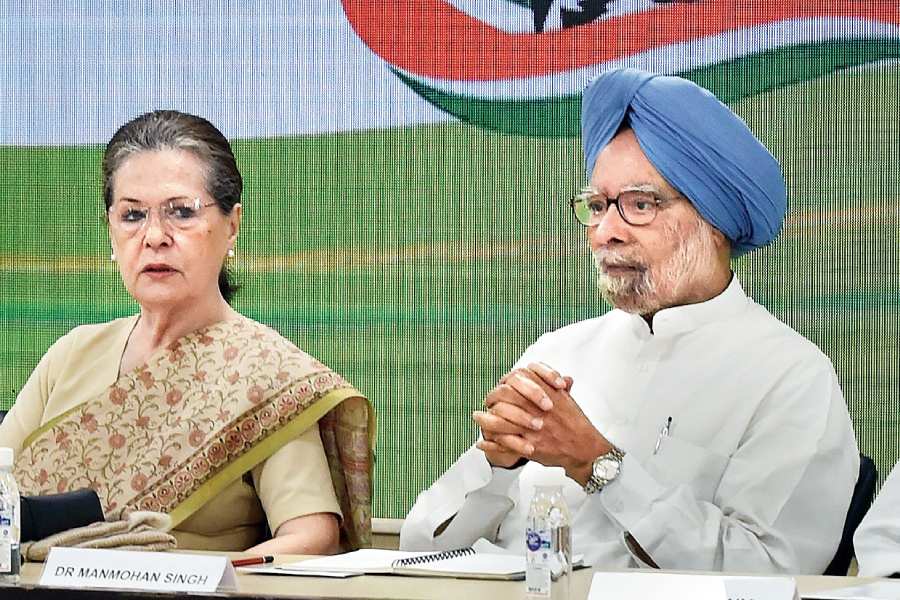
A controversy was raging about Sonia Gandhi becoming the prime minister and Manmohan Singh had emerged as the safe choice to occupy the position TT Archives
After the interview wrapped up, I asked him what he thought about the rumours that he could become the next prime minister of India. He was candid enough to tell me that he probably would have to accept the position, but he didn’t think he was cut out for the job. Why, I asked. Because, he explained, unlike regular politicians, he couldn’t engage in shouting matches inside Parliament, or be aggressive. He also said he wasn’t a politician at heart and was unsure how successful a prime minister he would be.
After the interview I went back to the US, and resumed teaching. A few months later, the headlines read, ‘Manmohan Singh becomes the next prime minister of India’.
After I heard the news of Manmohan Singh’s passing, I was reminiscing about my first meeting with him and also thinking about his thesis, which is now a book. He did his PhD from Oxford, in the early 1960s, on export-oriented growth and how India can benefit from that. India had attained Independence just 15 years ago and we were following the Nehruvian socialism model. Subsequently, we saw the East Asian miracle, wherein countries like Taiwan and South Korea witnessed a massive boom by following an export-oriented model. Finally, in the 1990s, Dr Singh as finance minister was instrumental in opening up the Indian economy. The course of the Indian economy changed dramatically after liberalisation.
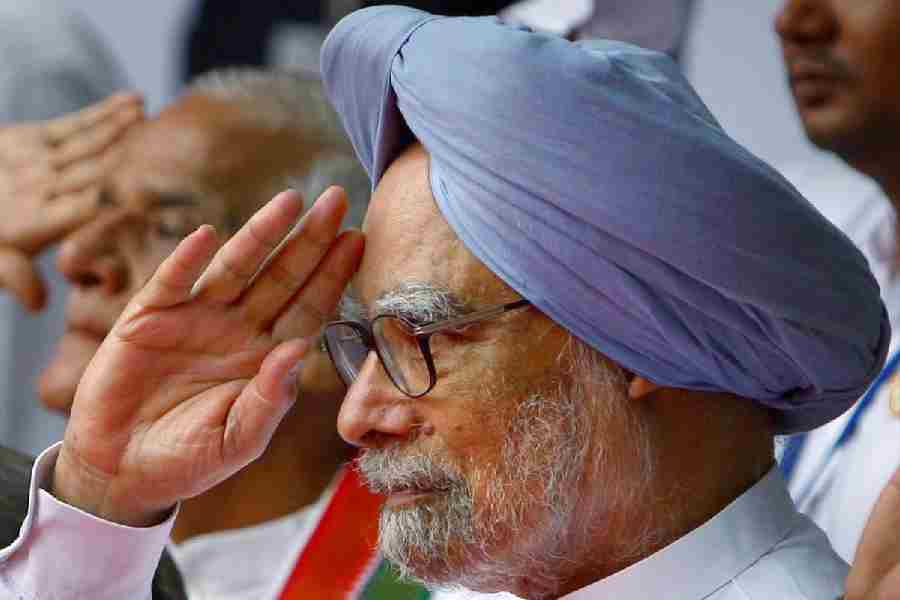
In the 1990s, Dr Singh, as finance minister, was instrumental in opening up the Indian economy TT Archives
People know him as a great scholar, the governor of Reserve Bank of India (RBI), the finance minister and then the Prime Minister of India. Along the way, there was also some criticism of his economic policies as finance minister. In my documentary, Amartya Sen – a very good friend of Singh – said, and to an extent I agree, that liberalisation could have been managed better. It was more of a Thatcherite model of free market fundamentalism in opening up the economy. As a result, several social sectors suffered. Manmohan Singh, in the same documentary, mentions that Rome was not built in a day. He took one decisive step and then the Congress government was voted out of power; his defence as finance minister was that it had all been planned out, but he didn’t get the time to implement the measures.
Without a doubt, he was a great statesman and a rare human being. I have heard a lot about him from both Amartya Sen and Kaushik Basu. He was a thorough gentleman. A man of principles and integrity. They don’t make men – and definitely not politicians – like him anymore, especially in this age of authoritarianism.
(As told to Agnivo Niyogi)

